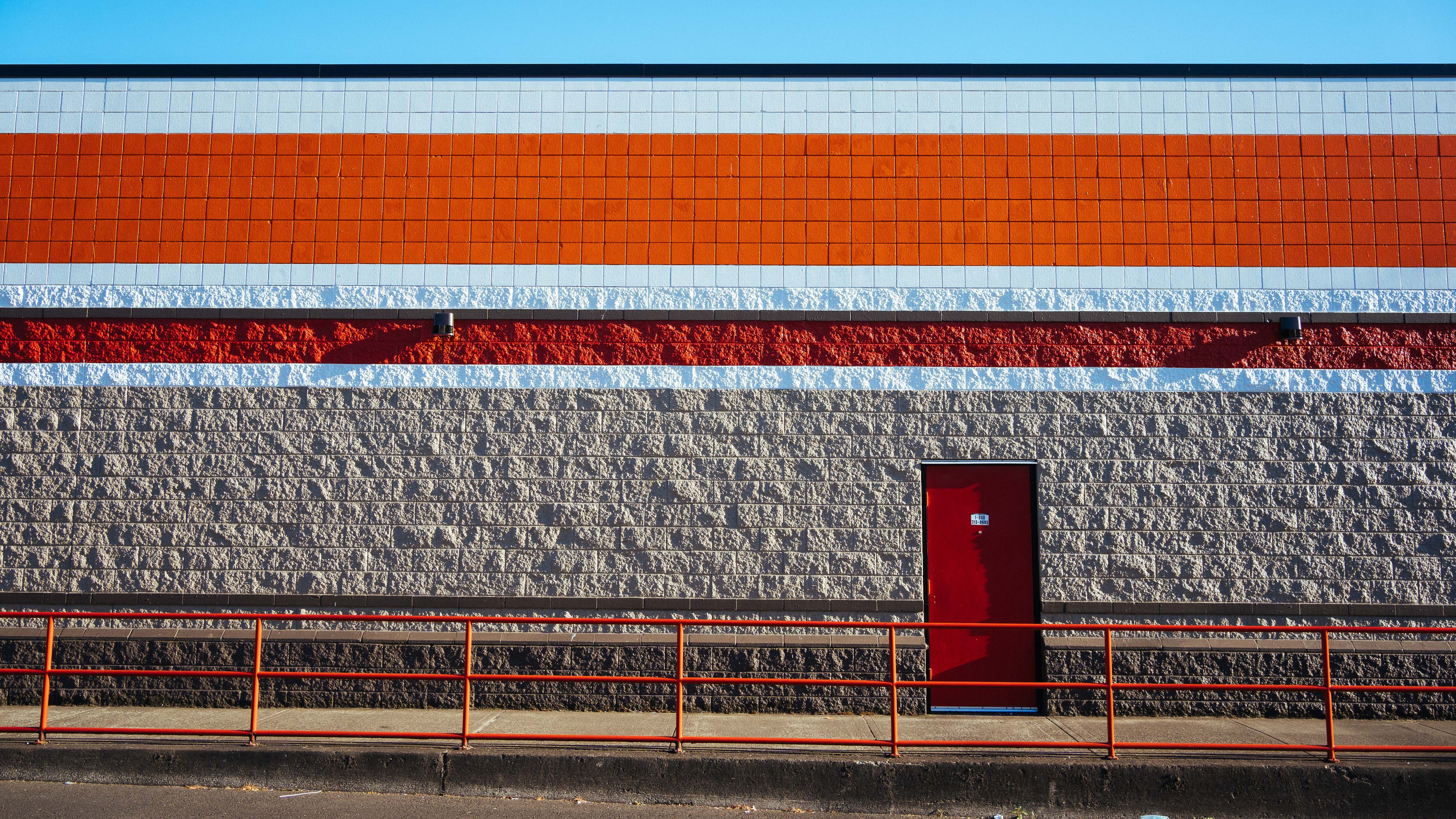In July, Portland saw the most homicides in one month—15—that this city has experienced in 30 years.
Those killings came amid a maelstrom of events, including the disbanding of the Portland Police Bureau's Gun Violence Reduction Team on July 1, a significant rise in the severity of the COVID-19 pandemic, a second month of nightly protests of police brutality, and President Donald Trump sending federal forces to Portland. Adding a dramatic increase in shootings (see chart) to that combustible mixture has left residents rightly alarmed.

We spoke to three experts about the surge in gun violence to see what they made of it. Here's what they told us.
1. When it comes to gun violence, Portland isn't special.
Although Trump blames the recent spike in gun crimes on Democratic leaders, The Wall Street Journal reported Aug. 3 that the homicide rate is way up in most big U.S. cities, including "at a double-digit rate in most of the big cities run by Republicans, including Miami, San Diego, Omaha, Tulsa, Okla., and Jacksonville, Fla."
Abbey Stamp, executive director of the Multnomah County Local Public Safety Coordinating Council, which brings together local, state and federal criminal justice experts, says the increase in shootings here and nationally has little to do with politics.
Stamp points to the pandemic, which has brought economic devastation, dislocated normal routines, and created massive uncertainty.
"There's incredible anxiety and fear out there, and it's just getting worse," Stamp says. "Kids aren't in camp or school, and parents are out of work. There's a total lack of economic opportunity."
Historically, Stamp says, violent crime is driven by economic inequality, which COVID-19 has increased. "The gap between white Americans and Black Americans is always there, and the pandemic is making that gap wider," Stamp says. "When the gap increases, the violence gets worse.
2. In the short term, disbanding the city's Gun Violence Reduction Team has left a vacuum among police.
The spate of gun violence came in the month after the Portland City Council ordered the Police Bureau to scrap GVRT because of concerns about racist policing.
Erika Preuitt, director of Multnomah County's Department of Community Justice, says she strongly supports police reform, but she also thinks cutting GVRT opened the door to wanton shootings, which disproportionately harm people the policy decision was supposed to benefit.
"When we defund, it leaves a vacuum and particularly impacts our communities of color," Preuitt says. "Because there is less police presence and no coordinated response, there are more people in the community being bold about their criminal activity and feeling like there are no consequences."
Preuitt, whose parole and probation officers supervise ex-offenders, says GVRT members built community relationships and shared information with her officers and others agencies that helped keep violence in check.
"We're going to have to find a new way to communicate, with the disbanding of GVRT," she says. "We have to listen to our community come up with strategies. We can do it. We've done it before."
3. It's too soon to draw any conclusions.
Professor Brian Renauer, director of Portland State University's Criminal Justice Policy Research Institute, says taking one month or even a few months of data and trying to draw any substantive conclusions from it is a mistake.
"We've heard this story before," Renauer says. "In 2015, murders were up and then they ticked down again."
He's also skeptical that disbanding GVRT will have lasting consequences. "No study every showed that the GVRT had an impact," Renauer says, noting that homicides fluctuated significantly while the team and its predecessor, the Gang Enforcement Team, operated.
Renauer says every shooting is regrettable and every homicide a tragedy, but the public and policymakers should focus on the long term—which, until proven otherwise, is a 30-year decline in violent crime.
"For it to be significant, we need to see yearly increases that establish a new baseline," Renauer says. "What we're seeing now is not something to panic about."
